
Applying the ethical concepts of Thomas Aquinas to contemporary moral problems, this book both presents new interpretations of Thomist theology and offers new insights into today's perplexing moral dilemmas. This volume addresses such contemporary issues as internalized oppression, especially as it relates to women and African-Americans; feminism and anger; child abuse; friendship and charity; and finally, justice and reason.
The collection revives Aquinas as an ethicist who has relevant things to say about contemporary concerns. These essays illustrate how Thomistic ethics can encourage and empower people in moral struggles. As the first book to use Aquinas to explore such issues as child abuse and oppression, it includes a variety of approaches to Aquinas's ethics.
Aquinas and Empowerment is a valuable resource for students of classical thought and contemporary ethics.

In this comprehensive anthology, twenty-seven outstanding scholars from North America and Europe address every major aspect of Thomas Aquinas's understanding of morality and comment on his remarkable legacy. While there has been a revival of interest in recent years in the ethics of St. Thomas, no single work has yet fully examined the basic moral arguments and content of Aquinas' major moral work, the Second Part of the Summa Theologiae. This work fills that lacuna.
The first chapters of The Ethics of Aquinas introduce readers to the sources, methods, and major themes of Aquinas's ethics. The second part of the book provides an extended discussion of ideas in the Second Part of the Summa Theologiae, in which contributors present cogent interpretations of the structure, major arguments, and themes of each of the treatises. The third and final part examines aspects of Thomistic ethics in the twentieth century and beyond.
These essays reflect a diverse group of scholars representing a variety of intellectual perspectives. Contributors span numerous fields of study, including intellectual history, medieval studies, moral philosophy, religious ethics, and moral theology. This remarkable variety underscores how interpretations of Thomas's ethics continue to develop and evolve—and stimulate fervent discussion within the academy and the church.
This volume is aimed at scholars, students, clergy, and all those who continue to find Aquinas a rich source of moral insight.
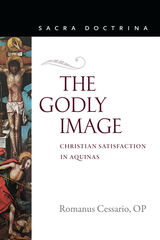
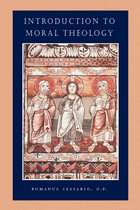
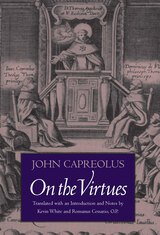
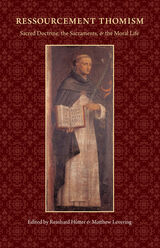
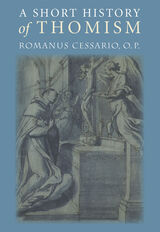
READERS
Browse our collection.
PUBLISHERS
See BiblioVault's publisher services.
STUDENT SERVICES
Files for college accessibility offices.
UChicago Accessibility Resources
home | accessibility | search | about | contact us
BiblioVault ® 2001 - 2024
The University of Chicago Press









